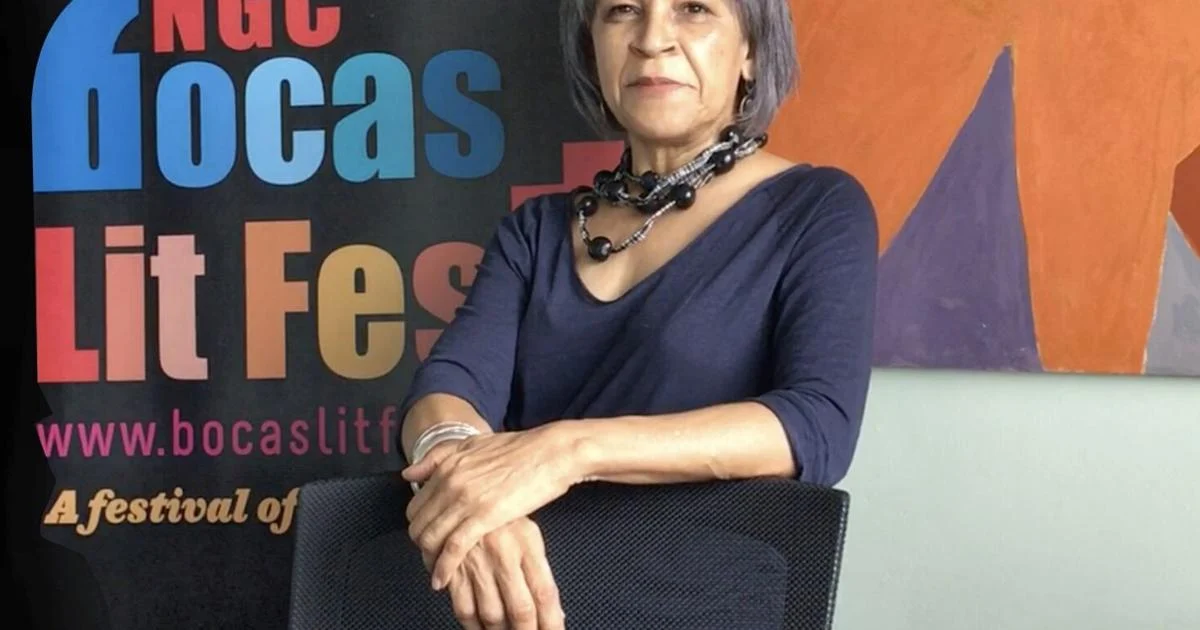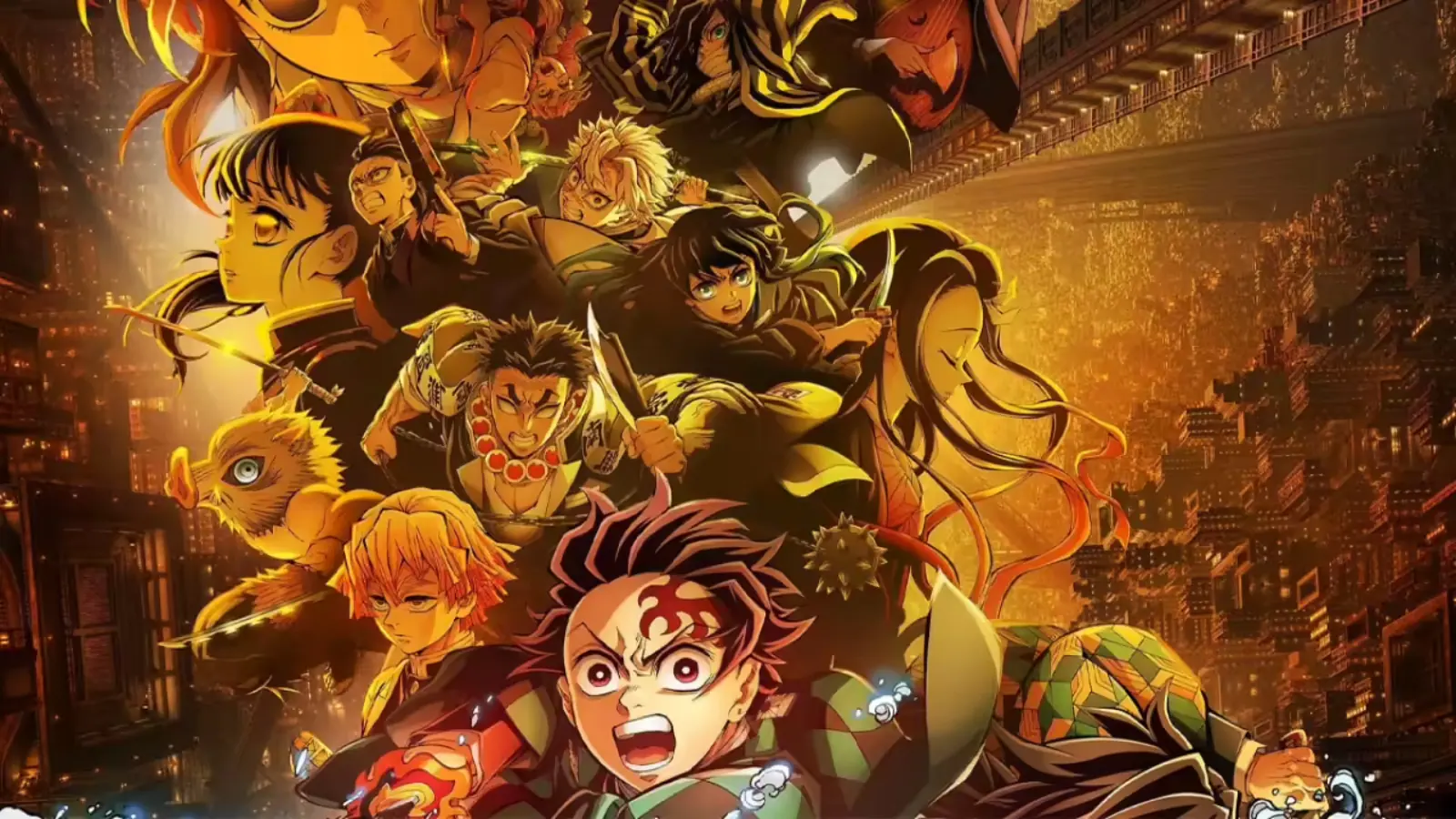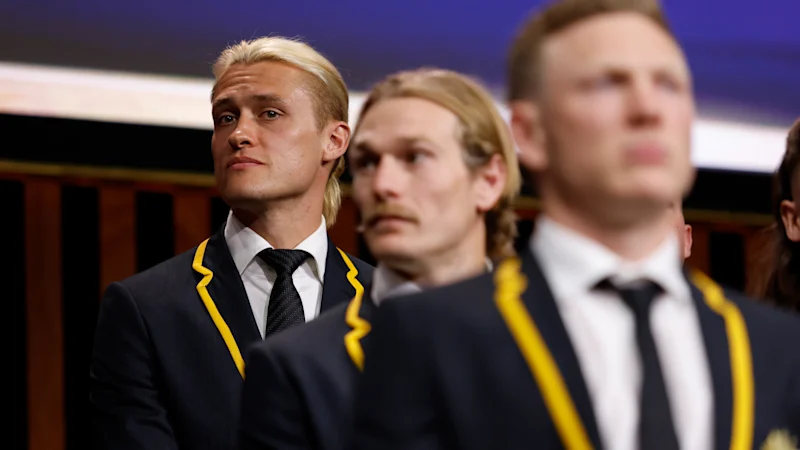By Marina Salandy-Brown
Copyright trinidadexpress

The recent alarm over the National Gas Company’s (NGC) defunding of thriving steel orchestras located in their “fenceline” communities, as well as the national embarrassment of Barbados—a country with a GDP one-fifth the size of Trinidad and Tobago’s—buying the culturally valuable Banyan archive after NGC failed to secure it, underlines a much bigger issue with regard to T&T’s culture and the value we place on it.
We boast about our excess of talent, but talk is cheap. We have never been properly taught to cherish, nurture or preserve that talent, nor have we sought to align cultural development with national priorities in any serious way. All areas of the arts and cultural expression have suffered greatly as a result. The Carnival arts are a particularly striking example: our national festival’s clear commercial value has led to its foundational art forms being overdeveloped strictly for profit, and to drive tourism that fills hotel rooms for only a few days a year. The pan is loved, but not sufficiently supported financially and structurally, and only lip service is paid to the rest.
Cultural initiatives such as the ground-breaking Trinidad and Tobago Film Festival, the recently inaugurated Caribbean Film Festival, Green Screen, and the African Film Festival all struggle for financial support along with a host of emerging and more niche festivals around the country. A glance at their websites reveals their support comes mostly from the private sector. Carnival and pan gobble up most of the State’s culture funding, and smaller initiatives are pretty much left to battle it out for the crumbs after availing themselves of the comparatively small grants offered by any iteration of a Ministry of Culture.
The Bocas Lit Fest is another major victim of the NGC’s shift in CSR priorities, which we understand are now geared toward sport. In 2011, when NGC decided to fund the proposed new literary festival, NGC had no well-formulated arts funding policy. Initiatives were funded on merit and the ambitious Bocas Lit Fest became its major project. Fortunately, the head of the Communications/Marketing department at the time was an ex-teacher who saw the value of a literary festival. NGC had already answered the call of the T&T film festival, of which I was then the executive director, to fund the country’s largest film award. It had also covered the cost of publishing the magnificent Dictionary of the English/Creole of Trinidad & Tobago by Lise Winer.
We at the Bocas Lit Fest are indebted to the NGC, without whose support from the very beginning Trinidad and Tobago’s now world-famous annual literary festival would have been stillborn. For 12 years—2012 to 2023—NGC was the title sponsor of the Caribbean’s largest annual literary event. Known as the NGC Bocas Lit Fest, it caused a seismic shift in the world of Caribbean literature as well as for NGC, which garnered vast amounts of goodwill and additional promotion of its brand and logo at home and abroad.
NGC’s funding was guaranteed for three years at a time, which allowed us to plan, develop, nurture talent and promote the festival locally, regionally and internationally. That led to a host of new writers emerging and stepping up at home and in the region, to win major international awards and accolades and exert their influence in the global arena of ideas, as VS Naipaul and Derek Walcott once did. Diaspora writers have benefited, too, gaining access to the international community of Caribbean writers that surrounds the festival and the year-round work of the Bocas Lit Fest.
In 2024, NGC funded the literary festival only partially and did not contribute at all to the 2025 festival. This year’s festival was done on a shoestring, pulling in favours mainly from foreign programming partners and with the in-kind support of many smaller local sponsors. At the moment, the festival has only one partial sponsor confirmed for 2026. If the various funding proposals now sitting with the marketing departments of various companies fail to appeal to the decision-makers, we will need to seriously rethink the scale and format of the 2026 festival. We are about to launch a donation drive on our website, to which we hope an appreciative public and writing fraternity will contribute generously.
Running an arts NGO is not an easy task. All the responsibilities of running a company obtain, from legal and accounting to human resources management. Good governance is demanded by sponsors, but they are reluctant to cover the cost of annual audits and compliance. The Bocas Lit Fest spends over 10% of its revenue on those compulsory administrative expenses, which it then has to recoup in various inventive ways. Where is the Government in all of this, you might ask. The Government has so far not remitted its annual subvention to the Bocas Lit Fest for 2025, although it gave an undertaking to do so; that money was already spent in April for the festival. The State’s contribution, however, totals less than 3% of our annual operating budget.
The NLCB has a mandate to fund arts and culture but seems to have no overarching policy or application process that is accessible to potential applicants. How the NLCB operates is a mystery, and if you worked it out, and were successful, your grant would bear little relation to the size of your project. The NLCB salami slices—ie, everyone gets a little piece of the pie.
We cannot grow a successful arts sector in such a way. This is not a stable or sustainable situation. An arts organisation in T&T is only as successful or viable as the underpaid person in charge of running it is capable of procuring funding and attracting and retaining sponsors. It is why the arts continue to struggle. A further, particular challenge for the literary arts is the unfathomable full VAT payable on non-academic books, which Customs and Excise has great difficulty in defining, making their levies random. We hope the present Government will see the nonsense of penalising people who read and write books and remove the tax.
It is time for the State and the private sector, together, to establish an arts-funding agency that will not be a political football and is properly constituted with strict funding rules to avoid nepotism and other forms of corruption. It should have an index-linked annual budget and an arts policy that seeks to build our culture in accordance with a set of national priorities, rather than simply farm out small grants of the same value to every enthusiastic arts entrepreneur. It is not rocket science; other countries do it. An Arts Council, created by an act of Parliament, would not prevent the private sector from funding other cultural projects, but it would allow companies to receive generous tax breaks for their contributions to the Arts Council that would support the core of the nation’s art sector.
In the absence of a sustainable national funding policy, Bocas Lit Fest adopted a policy of having more than one enlightened, long-term sponsor. One Caribbean Media (OCM) remains one of our key partners, our media partner, and the funder of the largest prize for Caribbean literature, which has helped make literary careers and catalyse the industry. First Citizens is the sponsor of the region’s most successful poetry slam, investing in the talent of the nation’s young people and also supporting the work of the Bocas Lit Fest.
We are also fortunate to have had two small sponsors from the outset who continue to contribute to the festival year-on-year. Our critical developmental year-round work is made possible through individual corporate sponsors. The festival itself, however, is in urgent need of sponsors.
—Author Marina Salandy-Brown is founder and president, Bocas Lit Fest.



